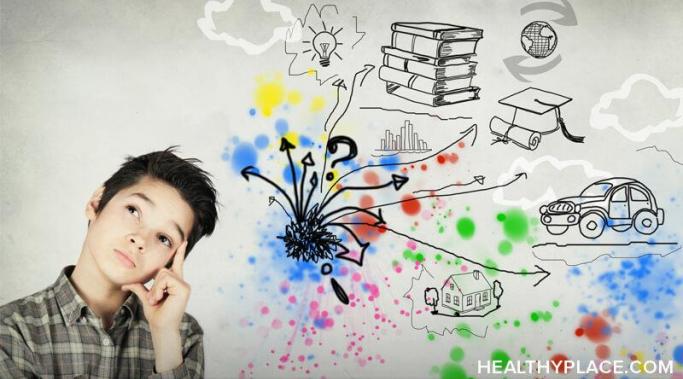Blogs
You might think relationships and self-esteem improve one another, and sometimes they do. But it's dangerous to rely on a relationship to boost your self-esteem. Here's why.
There’s been significant research to validate the correlation between the personality trait of perfectionism and bulimia nervosa, although, the causality has been debated. A 2010 study in the "International Journal of Eating Disorders," researchers showed that perfectionism plays a role in the “etiology, maintenance, and treatment of eating disorders.”
One way to improve your emotional health is to learn how to stay in your window of tolerance. Imagine your mind like a picture window where the view outside represents all the emotions and situations you can handle skillfully. If you have a large picture window in your mind, there is a wide range of stressors you can effectively manage. If your window is very small, it's pretty easy to fall into overwhelm or complete shutdown. This is why understanding and expanding your window of tolerance can significantly improve your emotional health.
The idea of status anxiety is one that has been gaining traction in the cultural landscape since the early 2000s. For those who are unaware, status anxiety is, more or less, exactly what the name suggests: feeling anxious because your financial or social standing is not where you want it to be.
My cycle of restriction has the ability to hurt my relationships. Take today, for instance.
I typically use distress tolerance coping skills several times a week to get me through intense feelings that threaten to completely overwhelm me. In the past, I have tried to deny these feelings, as if I could will them away simply because I didn't like them, but I've recently learned that this approach can actually intensify distressing emotions. Now, I am learning to tolerate these emotions while they last, and encourage them to run their course through me. I'm realizing that even though this is uncomfortable and scary, it's typically quicker and less painful than trying to reject the emotions entirely. Everyone has different distress tolerance coping skills that work for them, but I thought I would share a few of mine in the hopes that they might be helpful for others as well.
Each day is filled with tasks; what if we could share our tasks and have more fun at work and home? Your life is likely full of various to-do list items and chores. Consider sharing them with another person in your life if possible.
People with attention-deficit/hyperactivity disorder (ADHD) often think associatively rather than linearly. I am not alone in jumping from one thought to another (and another) in rapid succession. Though many of us are not able to track the steps our minds take to get from one idea to an apparently unrelated one, some of us are—usually after the leaps have been made.
Fighting mental health stigma can be scary, especially knowing things will change once you stop being silent and start speaking out. The scariness might be because you live with a mental illness, so you'll be opening up to vulnerability. Or it could be because you'll be clashing head-on with stigma's titan-like reputation. Sometimes you're not even sure exactly how things will be different. So what changes when you begin fighting mental health stigma?
Is your boss covertly abusive? How can you tell if your boss is verbally and emotionally abusive? Learn the answers to those questions in this article about covert abuse by a boss.









